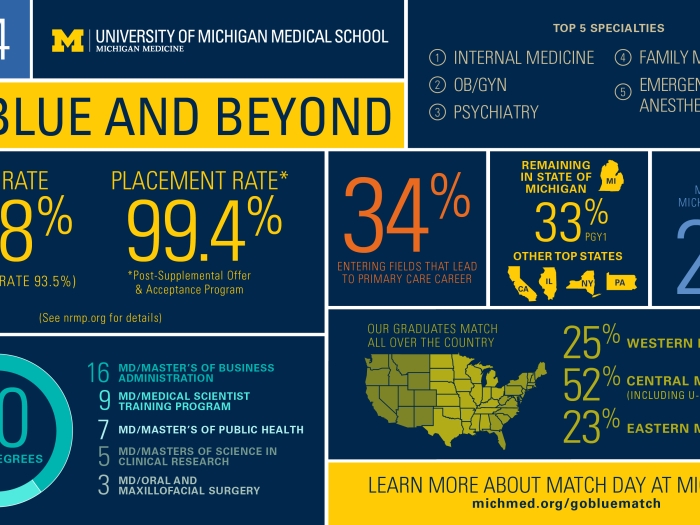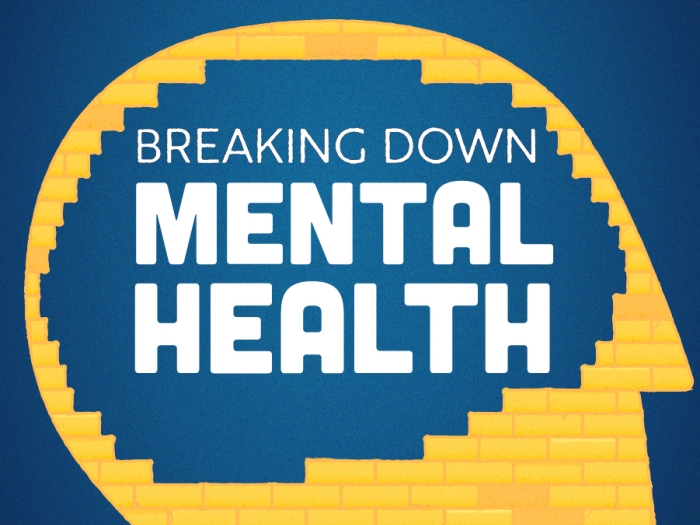
Victoria Koski-Karell wants two careers. Seven years into the Medical School's M.D./Ph.D. program, she's well on her way to achieving her vision of practicing emergency medicine and teaching anthropology. Last year she co-authored an article published in The New England Journal of Medicine. Part of the "Case Studies in Social Medicine" series, the article aims to give clinicians insight into the social structures affecting the health of two patients impacted by the current anti-immigration zeitgeist. In other words, anthropology meets medicine.
"I always wanted to be a doctor, since I was a kid. But I also carried a passion for international politics and the social sciences. My mom is from Mexico and loves traveling, and my dad is a Finnish-American archaeologist who has done underwater archaeology around the world. I grew up very much influenced by their experiences and identities. When I went to college at Harvard, I knew I wanted to be pre-med. Then I took a class in global health taught by physician-anthropologists, and I thought, 'You can do both?' That makes so much sense to me. Medicine and the social sciences complement each other in such important ways. I wrote my undergrad thesis on the cholera epidemic in Haiti. In my dissertation I'm looking at the commodification of water in Haiti in the time since the epidemic, and the downstream consequences this may have for people's health and well-being. Living here in Michigan, it's been really eye opening to be surrounded by the Great Lakes and yet have so much water be contaminated and threatened. That's what happened in Haiti: All of a sudden it went from being a resource and a need to becoming a threat."





